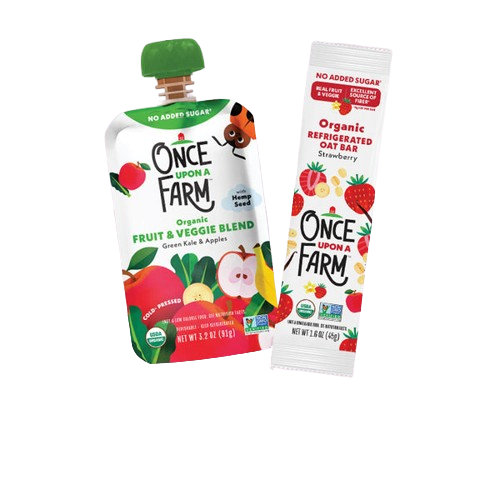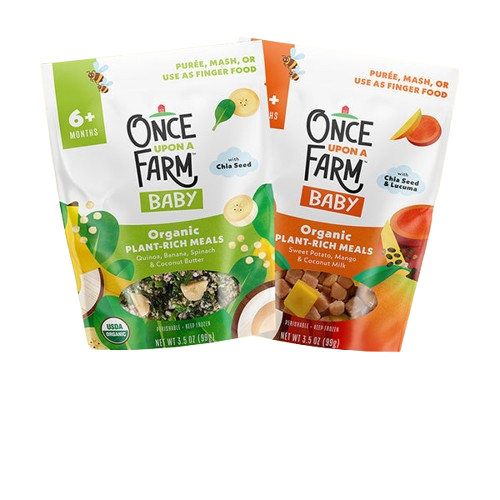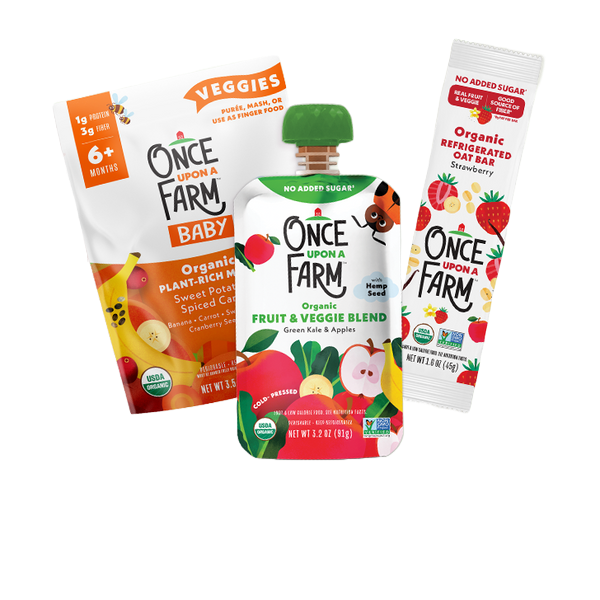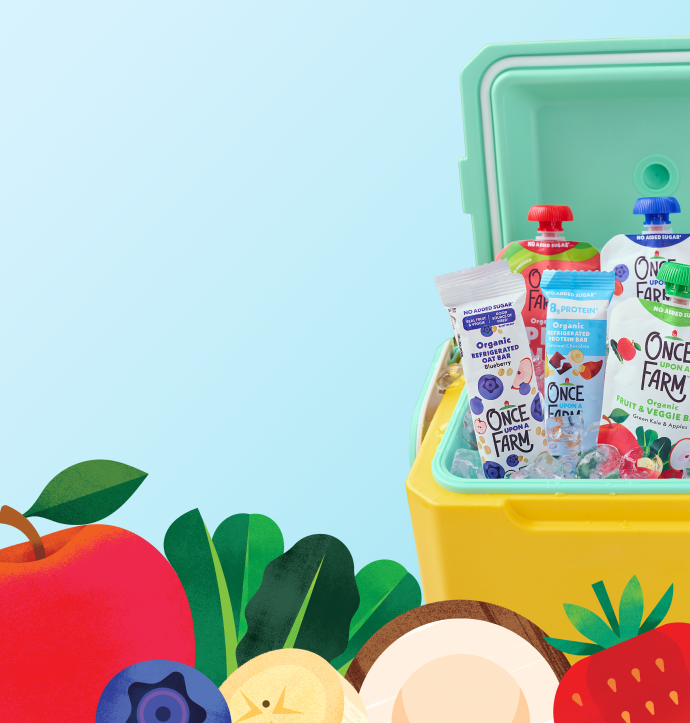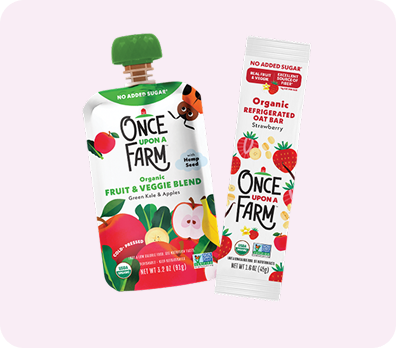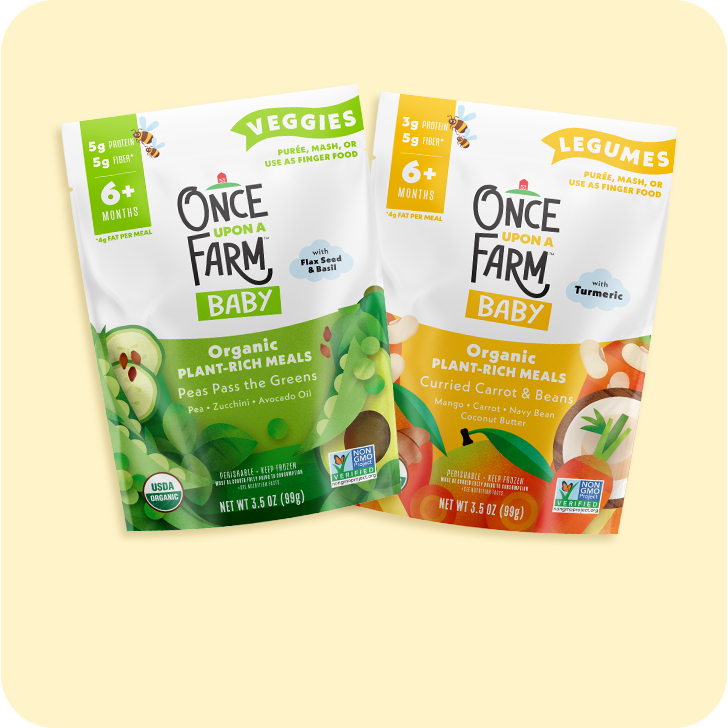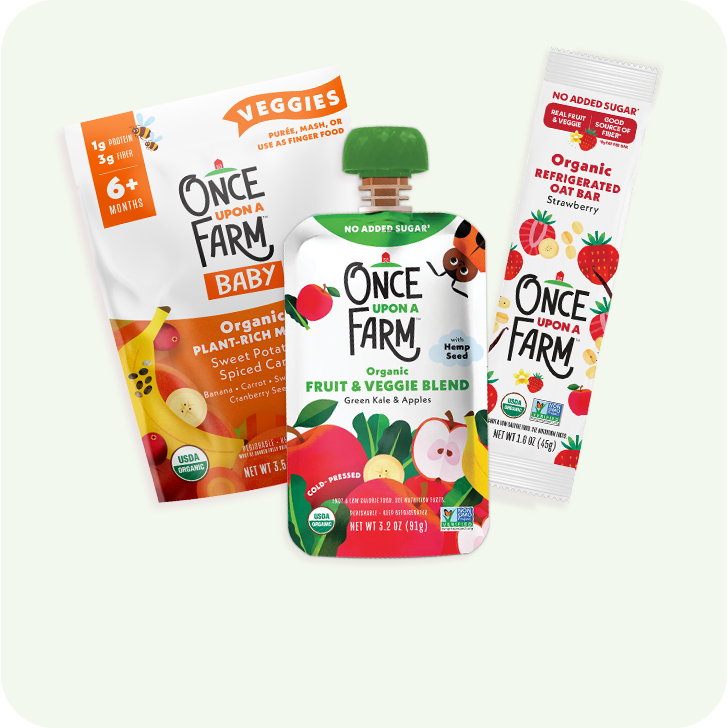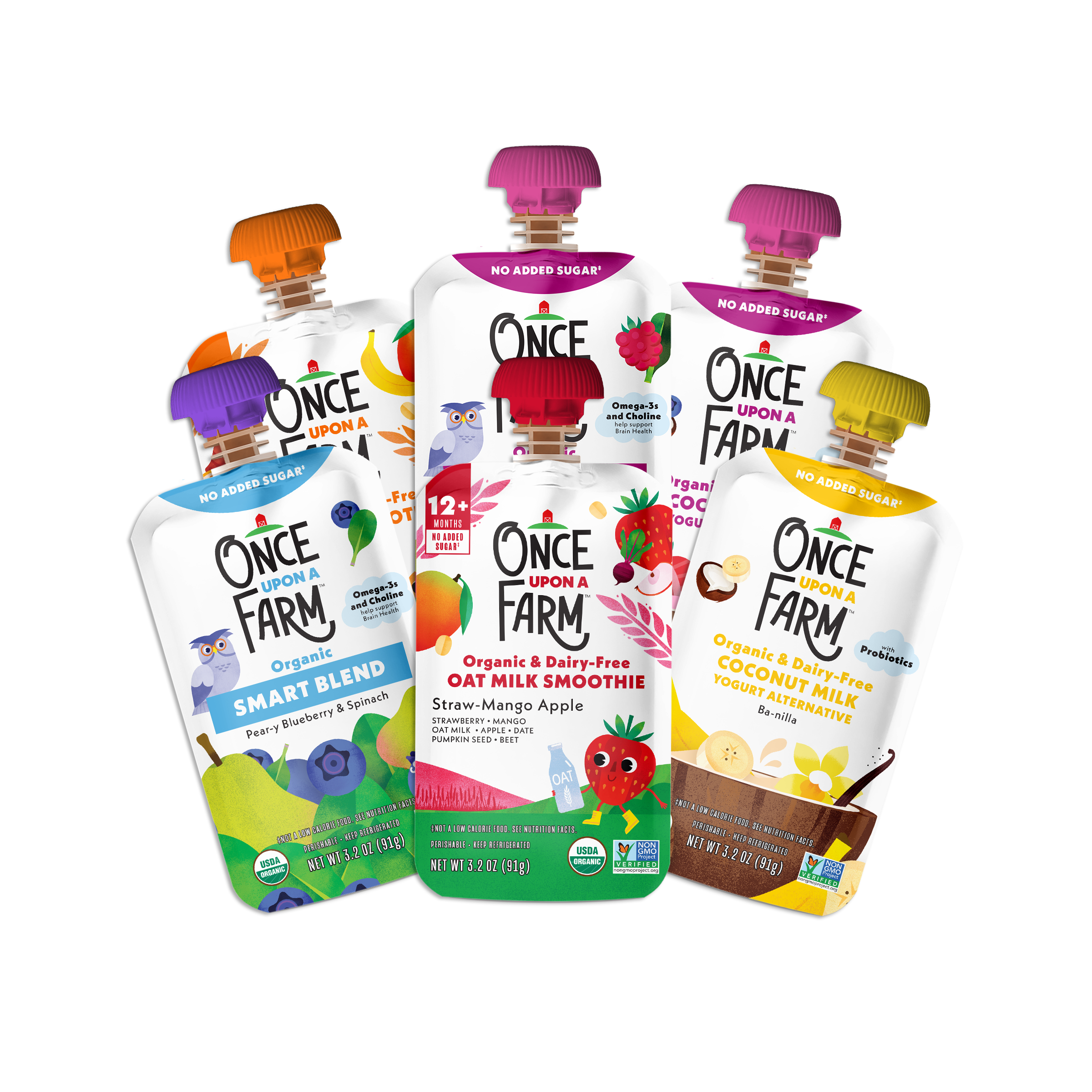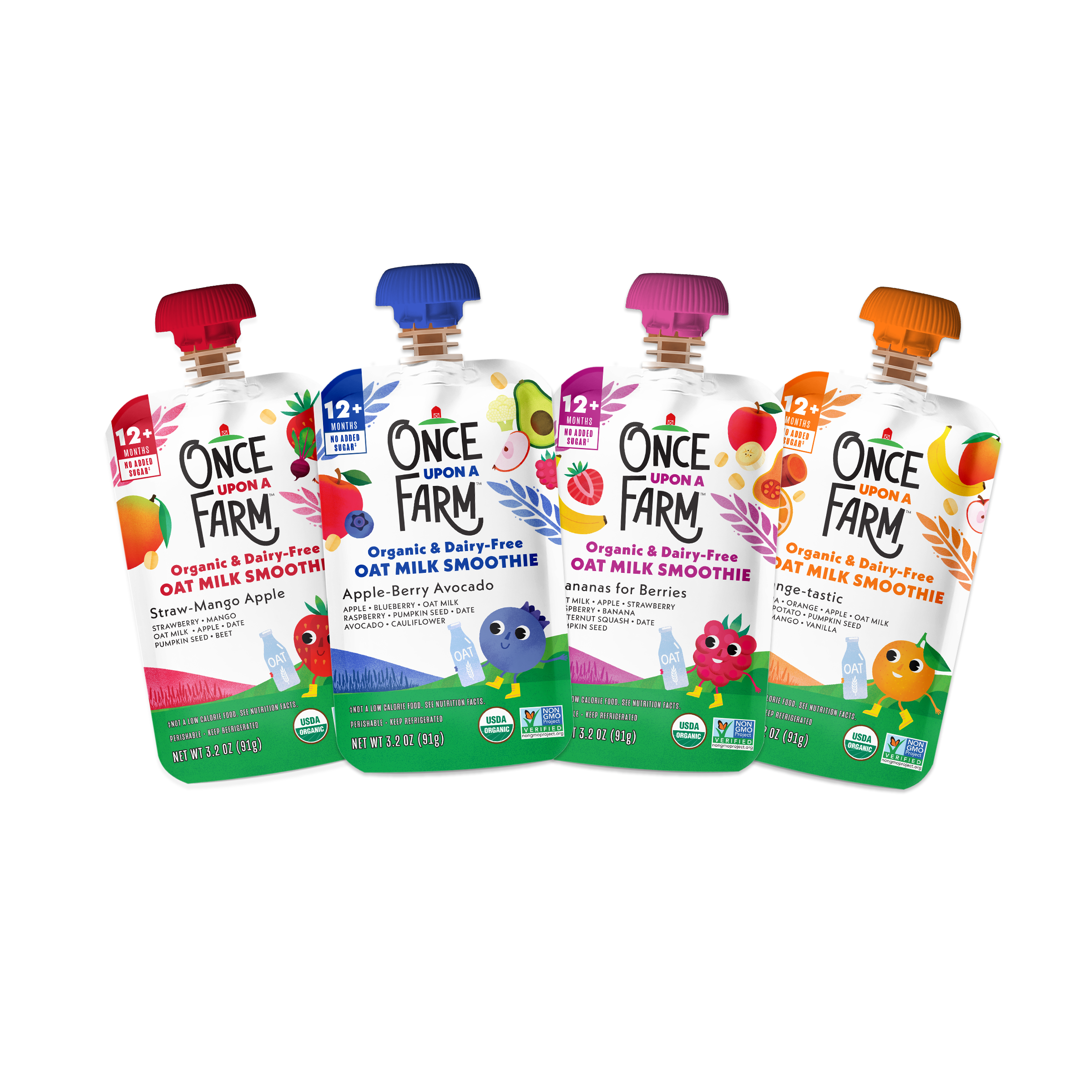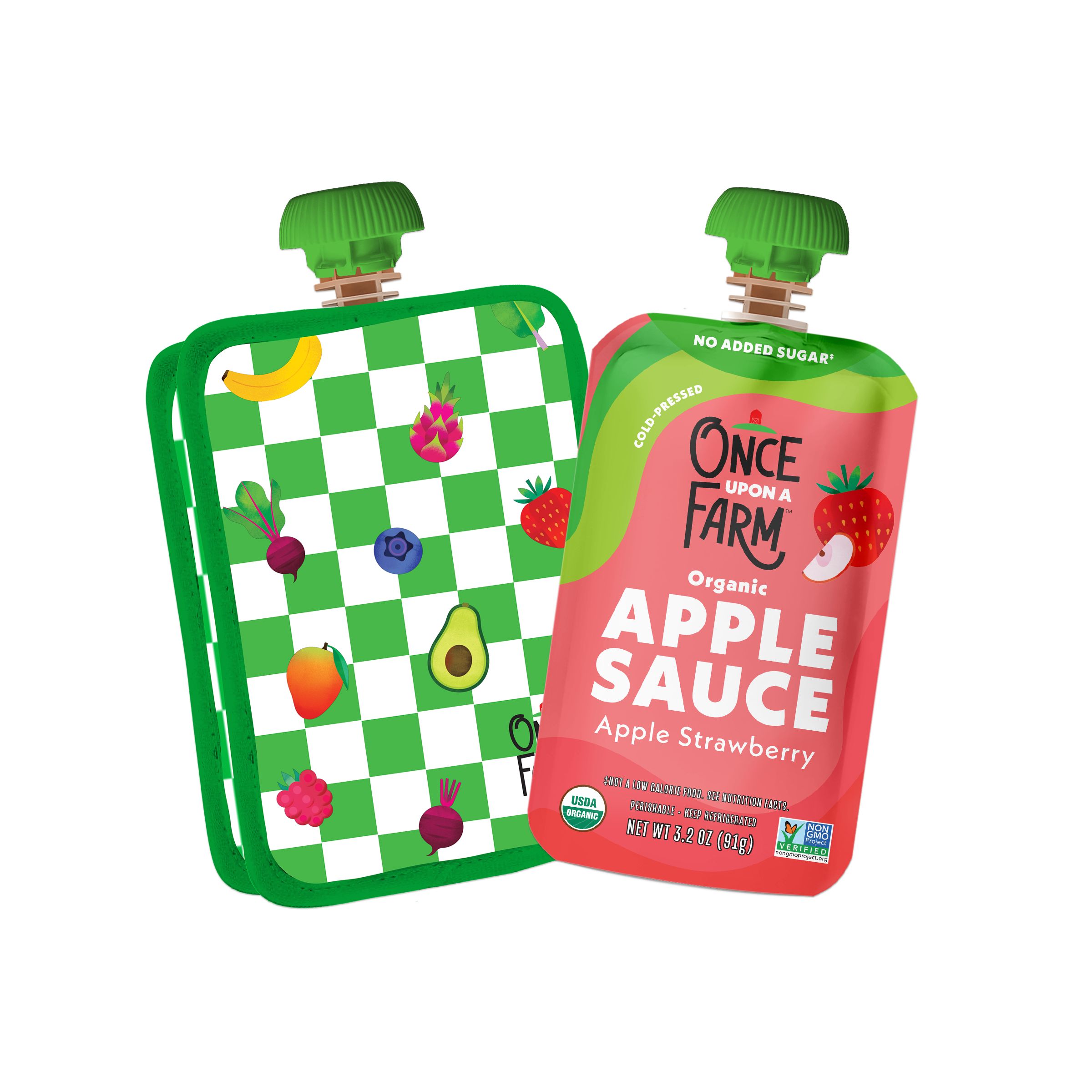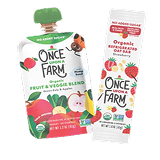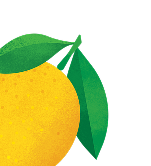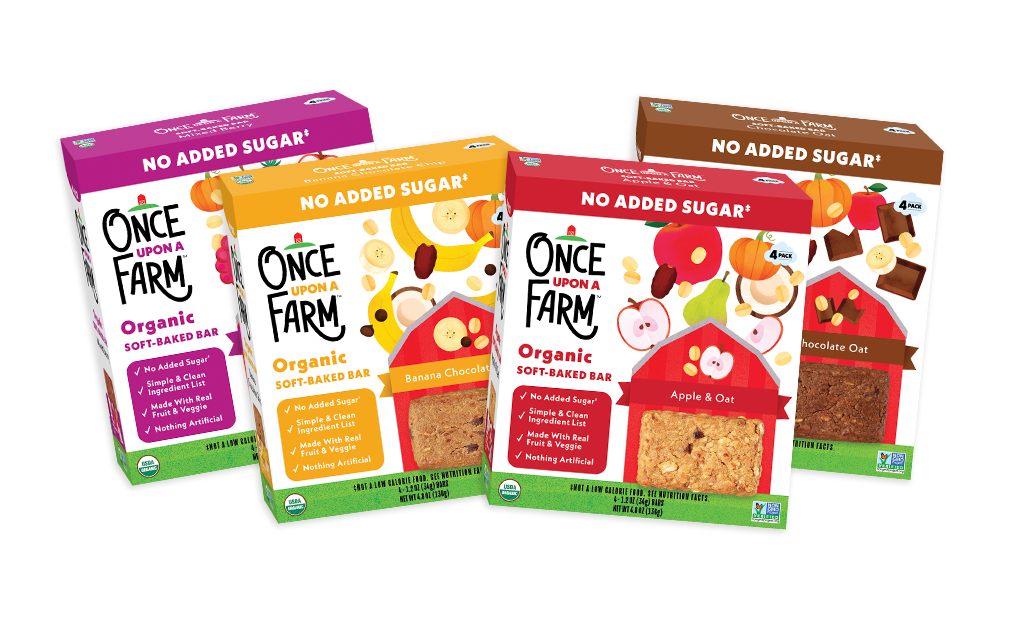Every parent wants the best of the best for their baby, but when it comes to baby food, does that mean you have to dedicate hours to prepping food at home, or can you confidently serve store-bought products? Is one option hugely healthier than the other? In the battle of homemade vs. store-bought baby food, which wins?
Spoiler alert: There’s no clear winner here. As with so many things, there are pros and cons to both homemade and store-bought baby food. So, let’s dive in.
Potential Pros & Cons of Homemade Baby Food
Pro: Freshness
Making baby food from scratch ensures that your baby gets the freshest ingredients available to you—and all the nutrients that come with that freshness. Most store-bought baby foods are shelf stable*, which means they’ve been heat treated: a process which, while beneficial, kills off some of the nutrients of the fruits and veggies. And, in some cases, shelf-stable baby food might even be older than your baby!
*Note: Once Upon a Farm is not a shelf-stable baby food. Our blends are kept refrigerated from start to finish. By using cold-pressure processing (HPP) to destroy pathogens, we’re able to preserve the taste, texture, color, and nutrients of the produce we use. It’s as close to homemade as you can get from a store-bought baby food!
Pro: Customization
With homemade baby food, you have the power to choose exactly what your little one eats. This is super helpful as you can cater recipes to their specific—and ever-changing—dietary wants and needs.
Con: Time-Consuming
Making homemade baby food involves quite a few steps—from washing and peeling produce to cooking and prepping the food. Oh, and don’t forget the dishes! For parents of young kids, this kind of time is hard to come by.
Con: Lack of Variety
While making applesauce and steaming veggies might seem doable, it can become challenging to consistently offer variety with homemade baby food. This includes an assortment of flavors, textures, and nutrients that fit your baby’s developmental needs—not to mention foods they enjoy!
Potential Pros & Cons of Store-Bought Baby Food
Pro: Time Saved
By eliminating making baby food from your (already packed) routine, parents can get a little bit of the day back. As we said before—and as all parents know—time is a precious commodity.
Pro: Consistency
Meals can be a trying time, especially if you have a picky eater. Finding something your baby loves is a huge relief, and you’re sure to want to stock up on that recipe. Yes, you do want to offer variety, but having dependable meals is also key.
Con: Cost
It’s true that going the DIY route and mashing up your own fruits and veggies can be more appealing price wise. That said, you may not be incorporating the full range of ingredients certain brands do in their blends. Also, time is money! And, even with store-bought baby food, there are ways to still be price conscious:
- Take advantage of sales and promotions (signing up for newsletters can help you stay in the know for when promos are happening)
- Sign up for rewards programs and/or subscriptions that allow you to save
- Use cash-back programs—like Merryfield—that reward you for buying “better-for-you brands”
- Split the difference: do half store-bought, half homemade baby food
As new parents, every day can feel like a new choice you have to make—and there’s often not one ‘right’ choice. Just like with homemade vs. store-bought baby food, the right choice is the one that works for your family.
You’ve got this.

